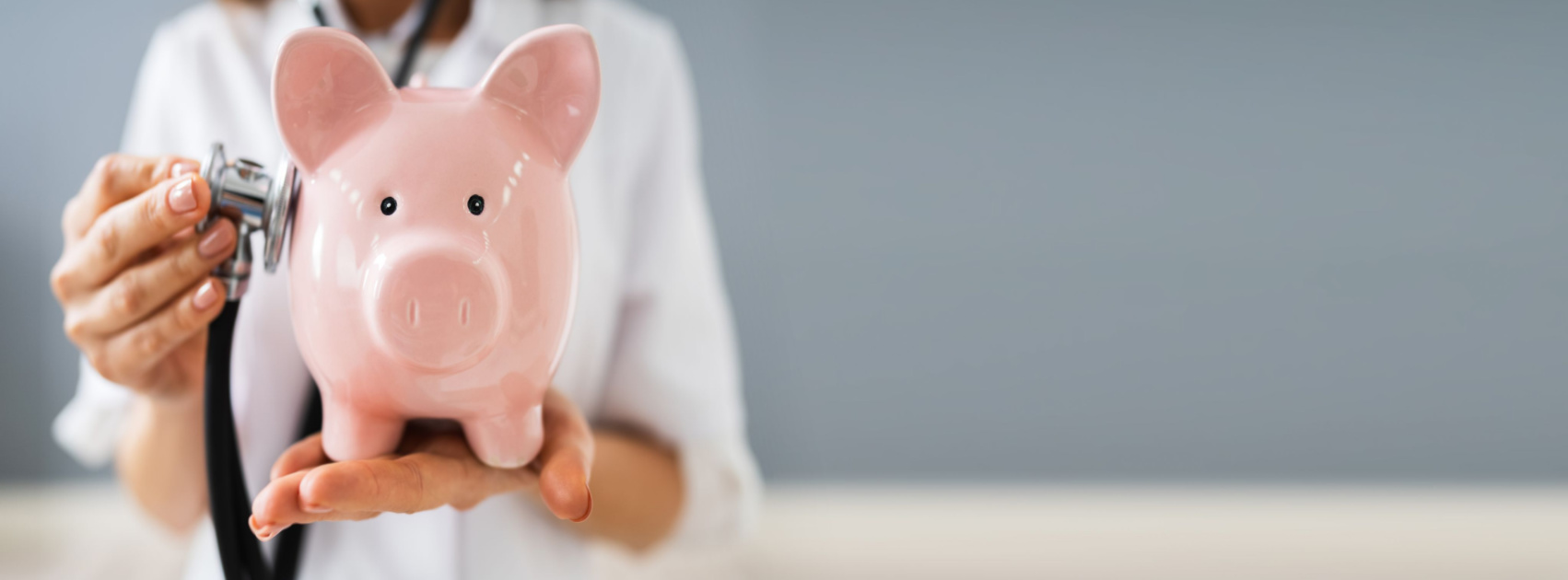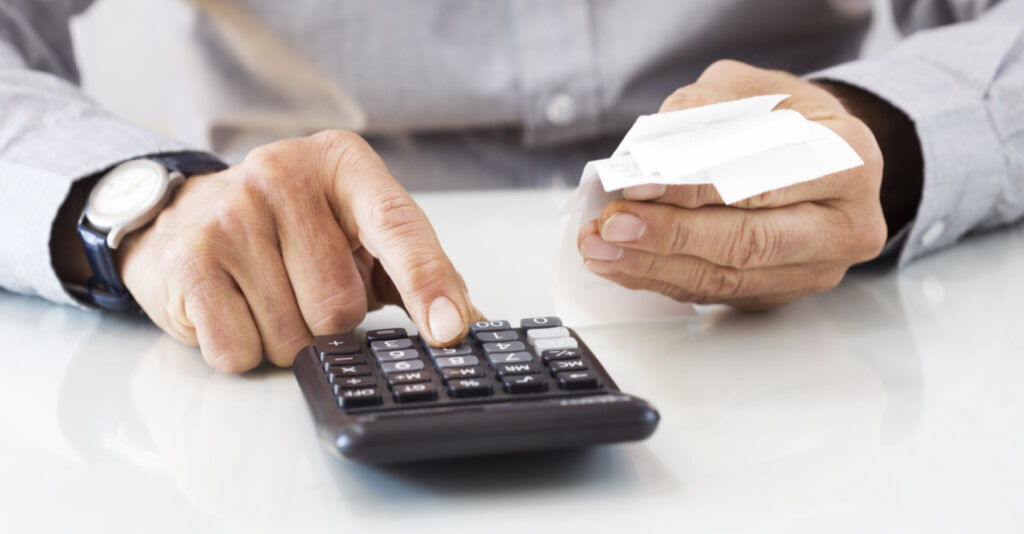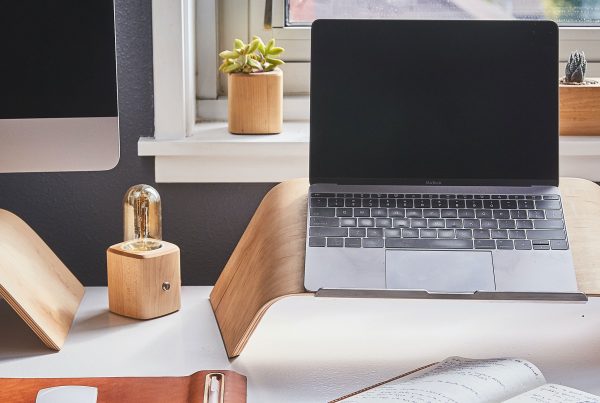Doing financial checkups is an essential part of your financial journey and literacy. If you don’t know what a financial checkup is, this article is for you! Financial checkups are a great thing to do if you don’t feel like you have a good grasp of your finances, you have a lot of debt, or you have recently opened some new credit cards.
You can do a financial checkup on your own or with a financial expert. But either way, doing a financial checkup will make you feel more at ease with your money and assets.
What is a Financial Checkup?
A financial checkup is essentially examining all of your finances to review your budget and determine what you need to get to your financial goals. There are essentially four main steps that can and should be done during a financial checkup, either with yourself or someone well-versed with finances.
- Take Inventory: You should take inventory of your finances, including calculating your debt-to-income ratio, figuring out where you spend the most money, and identifying areas where you can stop spending unnecessarily.
- Create a Budget: Create a budget for the future to avoid spending unnecessary funds and creating more financial stress.
- Set Financial Goals: Set both short-term and long-term financial goals. First, determine what you are saving for in the future, whether that’s a vacation, retirement, etc. Then, decide how much money to allocate to those goals to achieve them.
- Schedule Future Checkups: Set reminders for financial check-ins to monitor your performance in terms of both your long and short-term goals. Take a look at yourself and your progress.
Why Do I Need a Financial Checkup?
Personal finance is one of the many aspects of your life that needs check-ins, like anything else! For your health and wellness, you make regular doctor’s visits. For your oral health, you regularly go to the dentist. Taking care of and nurturing your financial assets are no different! Having a firm understanding of where you are at with your finances reduces your overall stress and makes you feel more in control of your life. And it can help you gain financial independence over the long haul.
How Often Should I Be Checking in With Myself Financially?
Most financial experts recommend that you do financial checkups once a year to determine your current financial standing, look at your progress toward your goals, and possibly re-evaluate those goals if they have changed.
No matter your current financial standing, if you have never done a financial checkup or had one with an expert, it isn’t too late to start. Becoming comfortable looking at and talking about your finances helps you to build a better relationship with money for years to come. If you wait longer than a year, your goals could become outdated, or your financial status can change.
What Should I Do During a Financial Checkup?
In the following section of the article, we will discuss what things you should be looking at, taking note of, and recording during a financial checkup. Some of the main things you should look at during a checkup are budgeting, whether bills are being paid on time, how to pay down your debt, what your retirement contributions are, and what kinds of credit cards you have open.
Budgeting Round-Up
A budgeting round-up includes looking at your current budget (if you have one) and determining whether it still works for you or needs to be adjusted. For example, suppose you have recently gotten a raise or changed jobs. In that case, you should use this time to re-evaluate your budget, create a new one, and allocate specific amounts of money to different places (including car payments, groceries, rent, utilities, shopping, miscellaneous costs, and more).
Paying Bills on Time
Are your bills being paid on time? Do you often get late fees for your rent payments, mortgage payments, credit card payments, or car payments? These late fees and charges can bring down your credit score and impact your financial stability and ability to be trusted with new accounts. During a financial checkup, you can record when all of your payments are due every month and set reminders to ensure you don’t miss any. This will prevent you from making late payments and damaging your credit score further.
Paying Down Debt
Paying down your debt can also improve your credit score and reduce your financial stress overall. During a financial checkup you’ll write down the types of debt you have. Then, evaluate how much debt you actually have, how quickly you can pay it down, and when payments are due. Then, use your financial checkup to allocate a percentage of your paycheck to paying down your debt so you have a handle on how quickly you can pay off your bills.
Ways to Pay Down Debt Quicker
There are many ways to pay down your debt quickly, including taking on a side hustle to earn another income stream dedicated to paying down your debt. One possible side hustle is taking online paid surveys for cash with websites like Branded Surveys. With Branded Surveys, you can earn extra cash 24/7, 365 days a year to help you catch up on bills. Researchers and companies get to hear your opinions and experiences, and you make money taking paid surveys. It’s a win-win!
Retirement Contributions
During a financial checkup, you should also evaluate your current retirement contributions (if you have made any) and perhaps alter them to fit your updated needs. As you get older, it only becomes more essential to contribute to your retirement fund so that the money can build interest and allow you more peace of mind when you retire. A financial expert can help you open a Roth IRA or other retirement account, but you can also do this independently.
Credit Cards
A final important part of a financial checkup is looking at all of your open credit card accounts. How many cards do you actually have open? Are you making the appropriate payments on all of them? Are you able to pay down any debt? Are there accounts you can close if you don’t need them? These are all questions to consider when evaluating your credit cards.
Can I Do a Financial Checkup Myself?
While doing a financial checkup does require some level of financial literacy, it is generally totally acceptable for you to do a financial checkup on your own. As long as you look at all aspects of your financial standing and feel like you have a solid grasp of your current payments, assets, and goals, you can conduct a financial checkup yourself.
Meeting With Experts
You can also do a financial checkup with an expert. There are various financial professionals. We recommend starting with your bank. Building a relationship with your personal banker can benefit you for years to come. They can also assist you in reaching your long-term and short-term goals, helping you create a plan for achieving them quickly.
If it’s been a year (or longer) since you had a financial checkup, there has never been a better time! Log into your accounts or make an appointment with your banker to get your finances in check.












